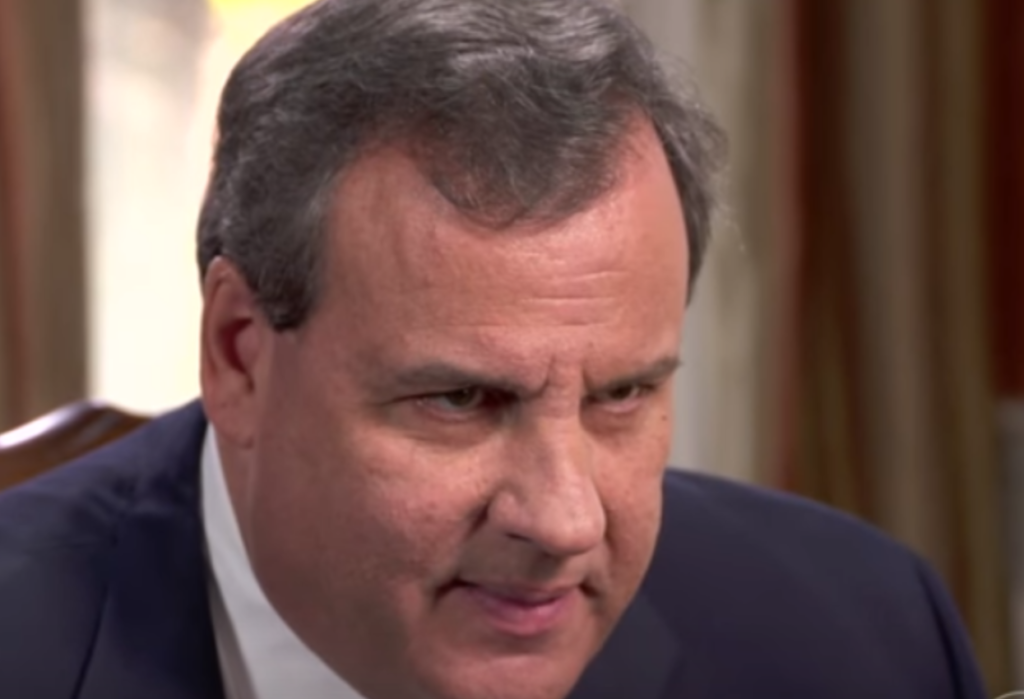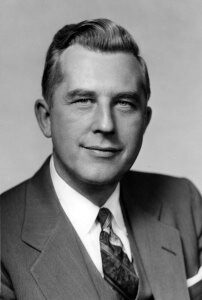Christie: Lobbying for Attention

With former Gov. Chris Christie’s recent rant holding the Murphy Administration responsible for the COVID-19 related deaths of thousands of nursing home patients, the political/media complex leapt into speculation overdrive, interpreting his tirade as evidence he intended to play a significant role in the 2021 election or as a step toward seeking a return to the office he left nearly three years ago.
The more logical explanation, though, is his tirade represented a well-documented craving for attention, a near insatiable desire to stand firmly astride the political landscape towering over everyone else.
His eight years as governor stand as irrefutable testimony to his obsession with occupying the center of attention, the individual around whom the political universe revolved no matter the issue or controversy.
His first term was largely a success, but the second was a disaster, stained by the Bridgegate scandal and his ill-advised decision to seek the Republican presidential nomination.
The Administration’s bare-knuckled political underside revealed by Bridgegate coupled with his doomed pursuit of the presidential nomination sent his public approval plummeting and he departed office in the 20 percent range.
He is, however, a former two-term governor — one of only three in either party to hold that distinction since 1981 — and, as such, remains a dominant figure in the party who could, if he so chose, play an influential role in the 2021 campaign season.
For instance, while chairman of the Republican Governor’s Association in 2014, he demonstrated an ability to raise significant funds, an attribute which could be put to use for Republicans next year in both the gubernatorial and legislative elections.
Potential gubernatorial candidates — one announced and at least two others assessing their chances — have already begun sniping at one another, suggesting the possibility of serious primary competition to oppose Gov. Phil Murphy.
Christie could play the role of peacemaker emphasizing the importance of coalescing behind one candidate or he could cast himself as a uniter, the candidate with a proven track record whose chances are infinitely better than those with lesser statewide recognition or broad experience.
His criticism of Murphy’s response to the COVID-I9 pandemic as well as the Administration’s plan to borrow nearly $10 billion to cope with the economic fallout was a not so subtle “I can do better” message.
The history, though, is not encouraging.

The last time a former governor attempted a general election comeback to regain the office he once held occurred in 1969 when Democrat Bob Meyner, chief executive from 1954 to 1962, ran against Republican candidate Congressman Bill Cahill.
Meyner was swamped, losing by more than a half million votes and a 21-point spread — 59 to 38 percent.
Meyner discovered that political second acts play to a very tough audience in New Jersey.
Christie will have been out of office for a relatively short four years by next year and has remained visible through frequent television appearances and interviews while dabbling in public policy and charitable endeavors.
His establishment of the Christie Institute for Public Policy at Seton Hall University to promote greater civility in our political discourse drew more than a few chuckles and snide comments, given his history.
He is to civility, one cynic observed, what Bonnie and Clyde were to the American banking industry.
He’s even expressed guarded interest in returning to presidential politics in 2024, despite his dismal 2016 effort finishing far back in the pack in the Iowa caucuses and the New Hampshire primary before abandoning the effort.
He was the subject of fairly intense speculation for a position in the Trump cabinet and, in his telling, declined the offers.
Should there be a second Trump term, Christie may again be a subject of interest although he’s been clear that U. S. Attorney General is the only position he’d accept — an unlikely development as long as William Barr remains head of the Justice Department.
At the same time, Christie’s consulting and lobbying firm has enjoyed success and the monetary rewards that go with it and he would be understandably reluctant to step away from those rewards to return to a government salary.
For Christie, though, the lure of a second shot at occupying the seat of political and government power remains strong.
He clearly enjoyed the eight years he spent as governor, reveling in the limelight, engaging in glorious combat with his critics and arriving at political accommodations with others.
Former Assemblyman Jack Ciattarelli, the only announced Republican gubernatorial candidate, hasn’t responded to the speculation over Christie’s reemergence but it’s unlikely any further moves by the former governor will affect his plans.
The same holds for the potential candidacies of State Republican Chairman Doug Steinhardt, Monmouth County Sheriff Shaun Golden (no relation, not even a distant one), and Assembly Minority Leader Jon Bramnick, R-Union.
Christie cast a long shadow over the state’s politics while governor and he’ll likely do so again as the highly charged 2021 political year unfolds.
His criticism of Murphy will not be his last.
Carl Golden is a senior contributing analyst with the William J. Hughes Center for Public Policy at Stockton University.










Christie destroyed the NJGOP. Anything he tries to do in the future will eliminate it entirely.